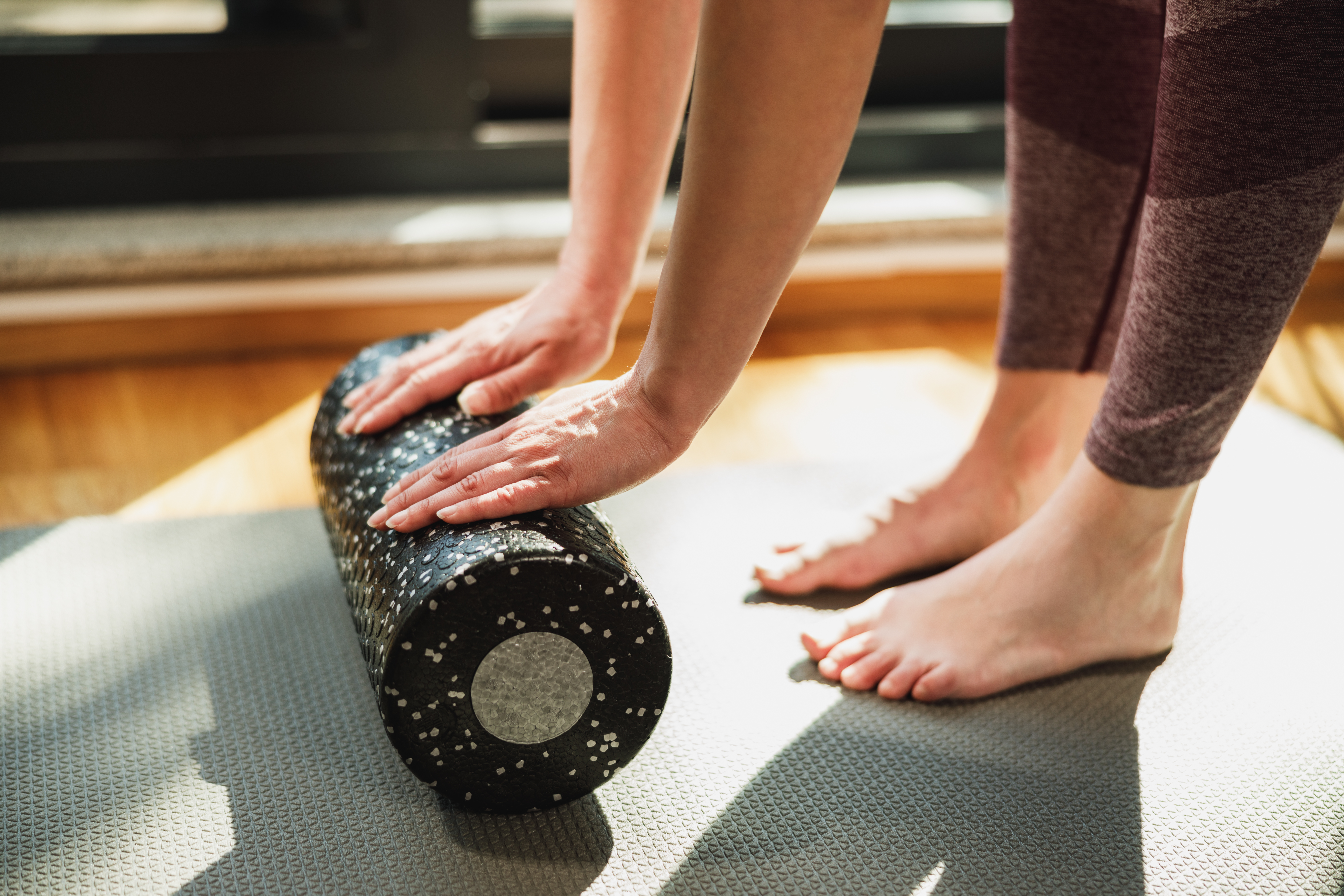A Guide to Rebuilding Your Routine After an Injury or Long Break
Rebuilding your routine after an injury or a long break is akin to embarking on a journey of renewal, where patience and persistence become your most trusted allies. Whether recovering from a physical setback or returning to daily life after a hiatus, the process demands a careful blend of discipline and flexibility. This guide aims to provide a comprehensive roadmap to navigate this often challenging yet profoundly rewarding journey. By understanding the nuances of your body and mind, setting realistic goals, and fostering a supportive environment, you can successfully reconstruct a routine that not only restores your previous capabilities but enhances your overall well-being.
Understanding Your Starting Point

Before diving into a new routine, it's crucial to assess your current physical and mental state. This involves a thorough evaluation of your capabilities and limitations, ideally with the guidance of healthcare professionals. Understanding your starting point helps in setting realistic goals and avoiding the risk of overexertion, which can lead to further setbacks. Acknowledging where you are, rather than where you used to be, is vital in crafting a routine that respects your current condition. This honest assessment forms the foundation upon which a sustainable and effective recovery plan can be built, ensuring that you move forward with clarity and purpose.
Setting Realistic and Achievable Goals

Once you have a clear understanding of your starting point, the next step is to set realistic and achievable goals. These goals should be specific, measurable, attainable, relevant, and time-bound (SMART). For instance, instead of aiming to "get fit," a more effective goal might be to "walk for 20 minutes, three times a week, for the next month." Such specificity not only provides a clear target but also allows for measurable progress. Achieving these smaller goals builds confidence and momentum, encouraging you to push further while still respecting your body's limits. This strategic goal-setting is crucial in maintaining motivation and ensuring a successful recovery journey.
